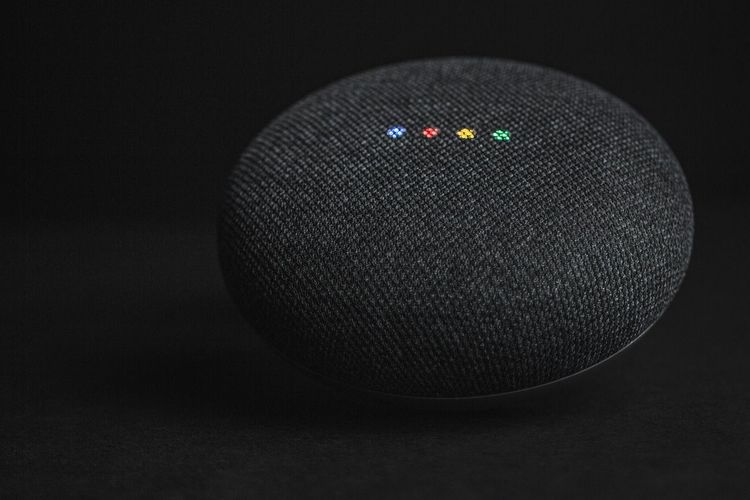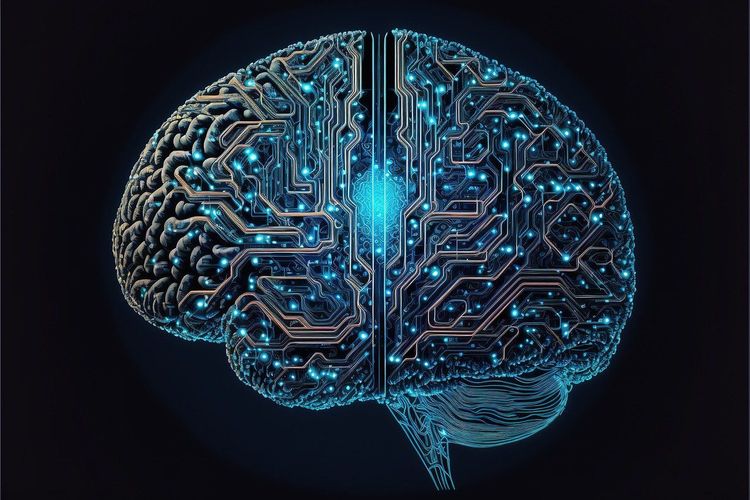Cloud Providers Target AI Startups: Fei-Fei Li's World Labs Chooses Google Cloud
Cloud providers are eager to partner with AI startups, and the latest to join the race is Fei-Fei Li's World Labs. The innovative startup has selected Google Cloud as its primary compute partner to train advanced AI models—a deal potentially valued at hundreds of millions of dollars. Google emphasizes that Li’s past role as chief scientist of AI at Google Cloud did not influence this arrangement.
At the Google Cloud Startup Summit on Tuesday, it was revealed that World Labs plans to utilize a significant portion of its funding to license GPU servers via the Google Cloud Platform. This will enable them to train what they refer to as "spatially intelligent" AI models.
Numerous well-funded startups developing foundational AI models are increasingly desirable in the cloud services arena. Notable examples include OpenAI, which relies exclusively on Microsoft Azure for AI model training, and Anthropic, which utilizes AWS and Google Cloud. These startups frequently invest millions in computing services, and as their AI models evolve, their demand for resources is expected to grow. This positions them as valuable customers for cloud giants like Google, Microsoft, and AWS, making early relationship-building crucial.
World Labs is focused on creating unique multimodal AI models that require extensive computational resources. The startup recently secured $230 million in funding, pushing its valuation beyond a billion dollars, with A16Z leading the round. James Lee, General Manager of Startups and AI at Google Cloud, shared that World Labs’ AI models will eventually be capable of processing, generating, and interacting with both video and geospatial data, a concept they term “spatial intelligence.”
Li has significant ties to Google Cloud, having led the company’s AI initiatives starting in 2018. However, Google asserts that this partnership is independent of her prior association, rejecting the notion that cloud services are mere commodities. Lee highlighted that their superior services, including a High-Performance Toolkit for scaling AI workloads and a robust supply of AI chips, were instrumental in this collaboration.
“Fei-Fei is indeed a friend of GCP,” Lee noted in an interview. “However, GCP was not their only consideration. Ultimately, they chose us for our AI-optimized infrastructure and the ability to support their scalability needs.”
Google Cloud provides AI startups the option to work with either its specialized AI chips, known as tensor processing units (TPUs), or Nvidia’s GPUs. The company is actively encouraging startups to adopt TPUs to decrease its dependency on Nvidia, as all cloud providers face the ongoing challenge of Nvidia GPU shortages. While some startups are exclusively using TPUs for AI training and inference, Nvidia's GPUs continue to reign as the preferred choice in the industry.
In this agreement, World Labs opted to utilize GPUs for training its AI models. However, Google Cloud did not disclose the rationale behind this choice. “We collaborated with Fei-Fei and her product team, and at this point in their product roadmap, it made sense for them to choose our GPU platform,” Lee explained. “That said, it doesn’t imply a permanent decision; startups sometimes transition to different platforms, including TPUs.”
While Lee did not reveal the extent of World Labs’ GPU cluster, cloud providers typically deploy vast supercomputers for AI training. For instance, Google Cloud has pledged to another AI startup, Magic, a GPU cluster comprised of “tens of thousands of Blackwell GPUs,” each boasting more power than a high-end gaming PC.
However, fulfilling these commitments can be challenging. Reports indicate that Google's main competitor, Microsoft, is struggling to meet the substantial computational demands from OpenAI, prompting the startup to seek alternative power sources.
It’s worth noting that World Labs' agreement with Google Cloud is not exclusive, allowing the startup the flexibility to pursue partnerships with other cloud providers. Nonetheless, Google Cloud currently hosts the majority of World Labs’ workloads and aims to maintain that relationship in the future.







